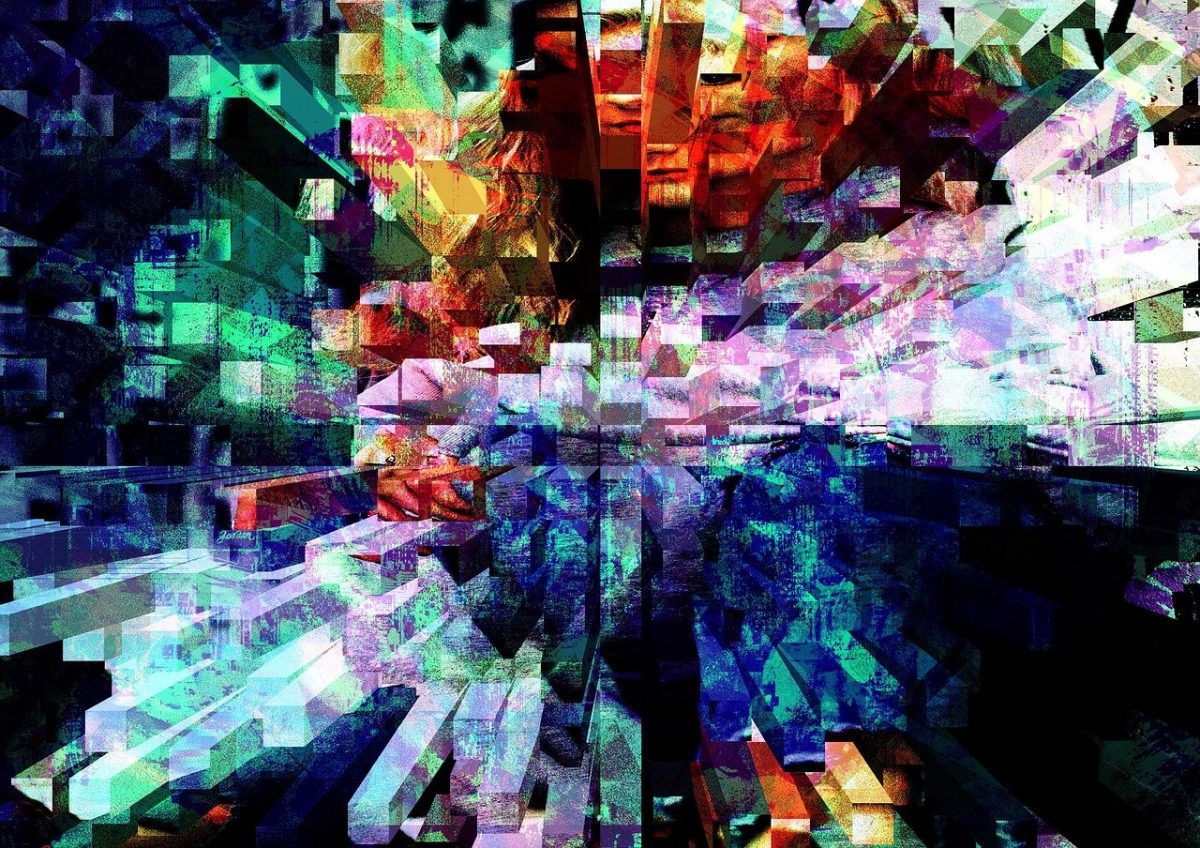
By Yamila García
I don’t travel a lot, but I’ve been to a reasonable number of airports—awful places for a neurodivergent. The only “good” thing about them is that the experience is so exhausting that as soon as I get on the plane, I fall asleep in 2 seconds. At first glance, many of the airports I’ve been to look like inclusive places. They showcase their commitment to accessibility and making everyone comfortable, displaying logos for programs related to supporting physical and mental difficulties in travelers everywhere. However, when you try to access some of those accommodating services, you encounter even more struggles. In general, there is only 1 terminal that offers these services. If you’re not close enough, you have to traverse the entire airport from one end to the other, encountering things that make you uncomfortable along the way: noises, shiny screens, lights, confusing signs, people scattered about, everyone either making phone calls, arguing with airport staff, or simply rolling their carry-ons on the striped and slippery floor, the voices on the speakers announcing boarding for the planes, and the mingling smells of all kinds of food.
Once you arrive, you realize that the sign is larger than their genuine willingness to accommodate you. I don’t think anyone expects a spa experience at the airport, but if they’re genuinely trying to assist people, just a quiet, small room per terminal would be more than enough to help reduce stress while waiting for our flight. Just a place with less noise and softer lights could be of great assistance. It would serve as a shelter for me, a place to escape the suffocating airport environment.
Many times, I think they are more concerned about appearing inclusive than actually being inclusive. It’s not that difficult to consult the people who would use these services to determine what works for them. The problem, not only at the airports, is that many of the individuals designing “inclusive and accommodating spaces” have no understanding of how we feel because they are not actual users. Once again, it is evident that neurodivergents need to be involved in these processes and share our experiences as much as possible so that the way we live, feel, and work is not a mystery to anyone.



